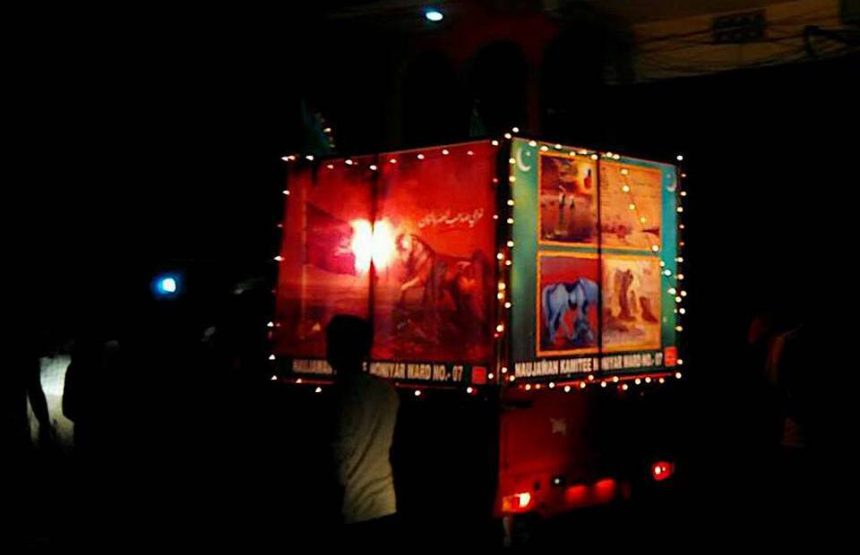
“Is it our misfortune or some special divine expediency that in this ‘paradise-like’ land of India, every festival has now become another name for ‘Hindu-Muslim riots’. So, if during the ten days of Muharram, everyone was keenly listening for news of riots, what is there to be surprised about?…”
These significant lines are from the English translation of an editorial originally published on 26 July 1926—exactly 99 years ago—in Roznama Hamdard, a renowned Urdu-language daily newspaper in India. The editorial was written by Mohammad Ali Jauhar, a prominent Indian freedom fighter, scholar, and journalist.
Reading this editorial, one realizes that even after a century, nothing has changed in India. A hundred years ago, political leaders exploited Muharram for their own gain—and today, the same patterns persist. The politicization and weaponization of religious festivals continue to this day.
The political use of Muharram in India is not difficult to understand. For instance, during a rally in Kolkata on June 1, India’s Home Minister Amit Shah criticized West Bengal Chief Minister Mamata Banerjee, claiming that an attack on the Hindu festival of Saraswati Puja had occurred to facilitate a Muharram procession. This statement reflects how religious events are often drawn into political discourse.
On the night of Sunday, July 5, an unknown individual threw pork into the premises of the Idgah Mosque in the Panjabari area of Guwahati. In response, Assam’s Chief Minister, Himanta Biswa Sarma, made a controversial statement on the social media platform X (formerly Twitter). He wrote: “Those who throw beef into temples and Namghars to drive out Hindus should not forget that tomorrow someone might start throwing pork into mosques.” He later tempered his remarks slightly by adding, “To maintain harmony in society, it is essential that we all respect all places of worship—be it a temple or a mosque.”
Earlier in June, during the festival of Eid al-Adha, communal tensions flared in Assam’s Dhubri district after reports emerged of meat allegedly being found near a Hindu temple. The incident, involving suspected beef near the Hanuman temple, sparked religious sensitivities and unrest. In response, Chief Minister Himanta Biswa Sarma issued a controversial “shoot-at-sight” order. At the heart of it, many believe the incident—like others before it—was politically motivated. It appeared to be part of a broader strategy to inflame communal divisions ahead of upcoming elections, aimed at securing political power.
This story was originally published in beyondheadlines.in. Read the full story here.

